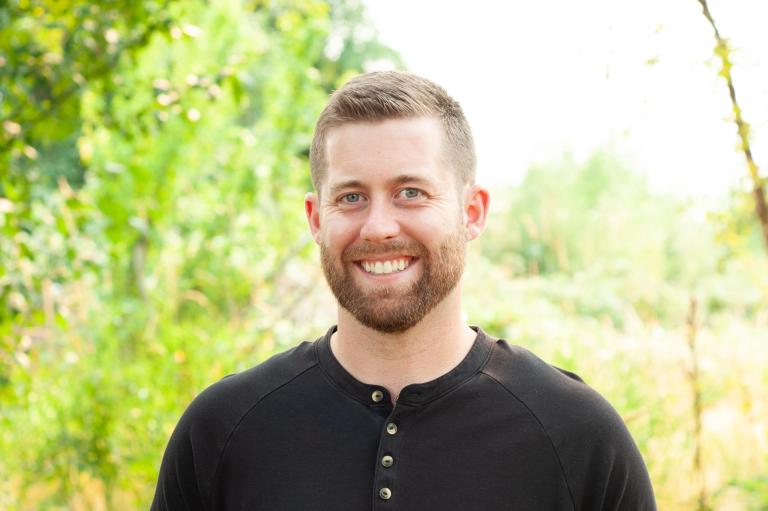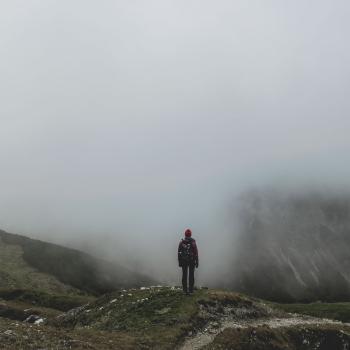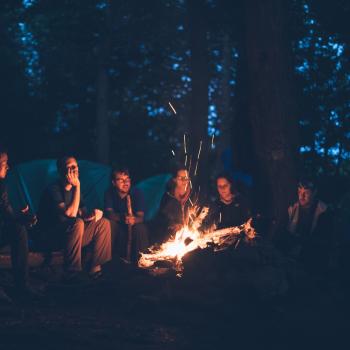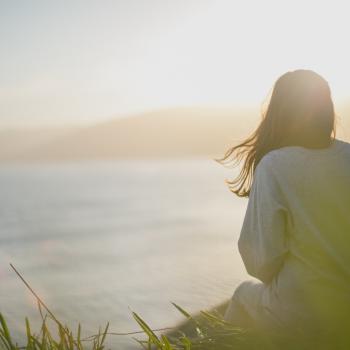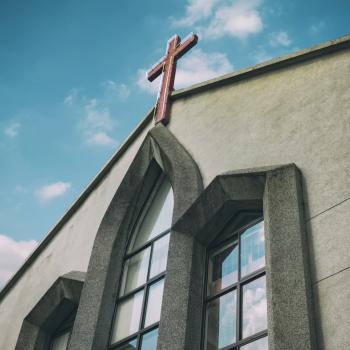(UPDATE NOVEMBER 1, 2022: My book, Unmasking the Inner Critic: Lessons for Living an Unconstricted Life has now been released! You can check it out here.)
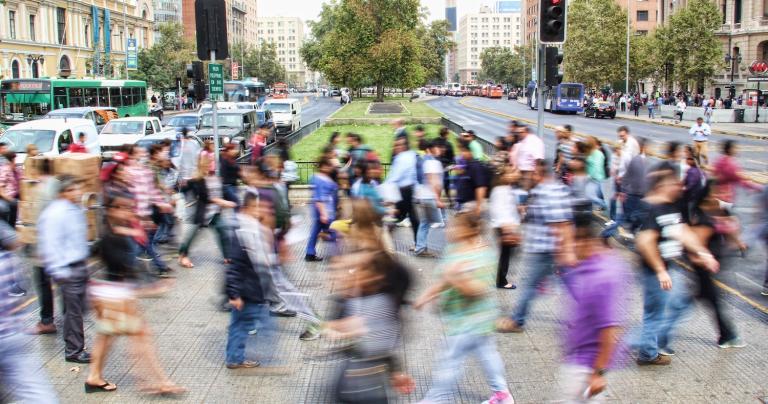
I’m not sure I want community.
I’ve been thinking about this a lot lately. For years, I’ve said I’ve been “yearning” for community, deeply desiring a space where people come together and share their lives. I’ve imagined dinner tables with people laughing and deep conversations with the same folks that continue from week to week. I even took a stab at manufacturing one or two of these kinds of spaces.
But here’s what’s unraveling in me right now: there are communities all over the place. The world isn’t in short supply of communities with their own rituals, language, and group meaning. If I want to find a spiritual community or a community of like-minded baseball enthusiasts, I can do it.
The problem is that communities aren’t the same as connections and that the two aren’t necessarily dependent on each other.
Community is a container – a set of norms and commonalities and expectations and agreements, both spoken and unspoken.
Connection is the depth of one’s experience dancing with another’s.
It’s the dance I want more than anything else.
Community as Church
For those of us who grew up in the church, we were sold the idea of community – a space where people can come and share life together: where you’ll find wisdom and guidance from others on the journey. It was an offer and an agreement that, to differing extents, may have felt worth it for a time: “If you just attend and engage (a little), you’ll get friends, connections, spiritual depth, and a sense of meaning and purpose for your life.”
Honestly, that sounds pretty decent. It feels good to be in an in-group.
But when I talk to friends who grew up in these religious spaces, some like mine and some more conservative, the truth becomes obvious almost across the board: the agreement wasn’t upheld.
Instead, we met folks who used shame and guilt as their prevailing power tools, listened to pastors fixate on growing the numbers while slinging words like sin and repentance like arrows, and walked past familiar faces every Sunday with the same, empty “how’s it going” greeting. When divorces happened, “church friends” were excommunicated and ignored out of the in-group. Or when someone fell on hard times, prayers were offered in place of the material sharing of profits.
We found ourselves in communities without connection.
The natural response for those of us carrying such experiences is obvious, albeit painful: to leave, to plug into podcasts and engage in personal practices, attempting to deepen our spiritual connection with the world without the broken agreements of community. The experience of letdown was just too much – we’d rather be isolated than continue to engage a space that causes so much harm.
I recognize there is so much potential for community spaces, but I’m having a harder time accepting the idea that “building community” leads very often to such goodness. Or, at least, institutionalized community. Organized community. The “build it and they will come” community. Container community. Church-building community. “Show up every week” community.
Connection as a Network
Instead, I’m finding myself drawn to the image of a network of deep connections.
In my life, this is where I find my social and spiritual nourishment – not in a single place, but in a collection of experiences with friends in different places. (Learn more about my approach to spirituality.) I don’t have “a community” where life takes place – it takes place in the connections: tennis with a friend on random Fridays, unplanned hour-long chats with folks over the phone, leading a workshop on spirituality here and there, texting a friend in the midst of the muck of day-to-day life.
I’m drawn, and I don’t think I’m alone in this, not to one place of scheduled, ritualized community where a person has “church friends,” but to a network of organic “reach out when you want to talk” or “I saw this hilarious meme” connections. And perhaps even to an occasional bumping together of these connections – in a phrase, it’s a desire not for continuous community, but of intentional contact between folks engaging their inner lives.
I admit – there’s a sense of spiritual loneliness even in this. Without one single place to go, it takes time to develop such a network. I keep hearing people ask “Where are others like me, searching, getting curious, seeking to embody their true selves in the world?” There are so many of us, living on our own little islands, listening to our podcasts, exploring the depths of our inner lives and seeking such connections.
There’s an invitation here.
How do we foster connection without forcing community?
How can healing work outside the contexts so many of us have been handed?
These are the kinds of questions I attempt to explore in my workshops. If you’re interested in learning more, please visit my website and workshop offerings here.

